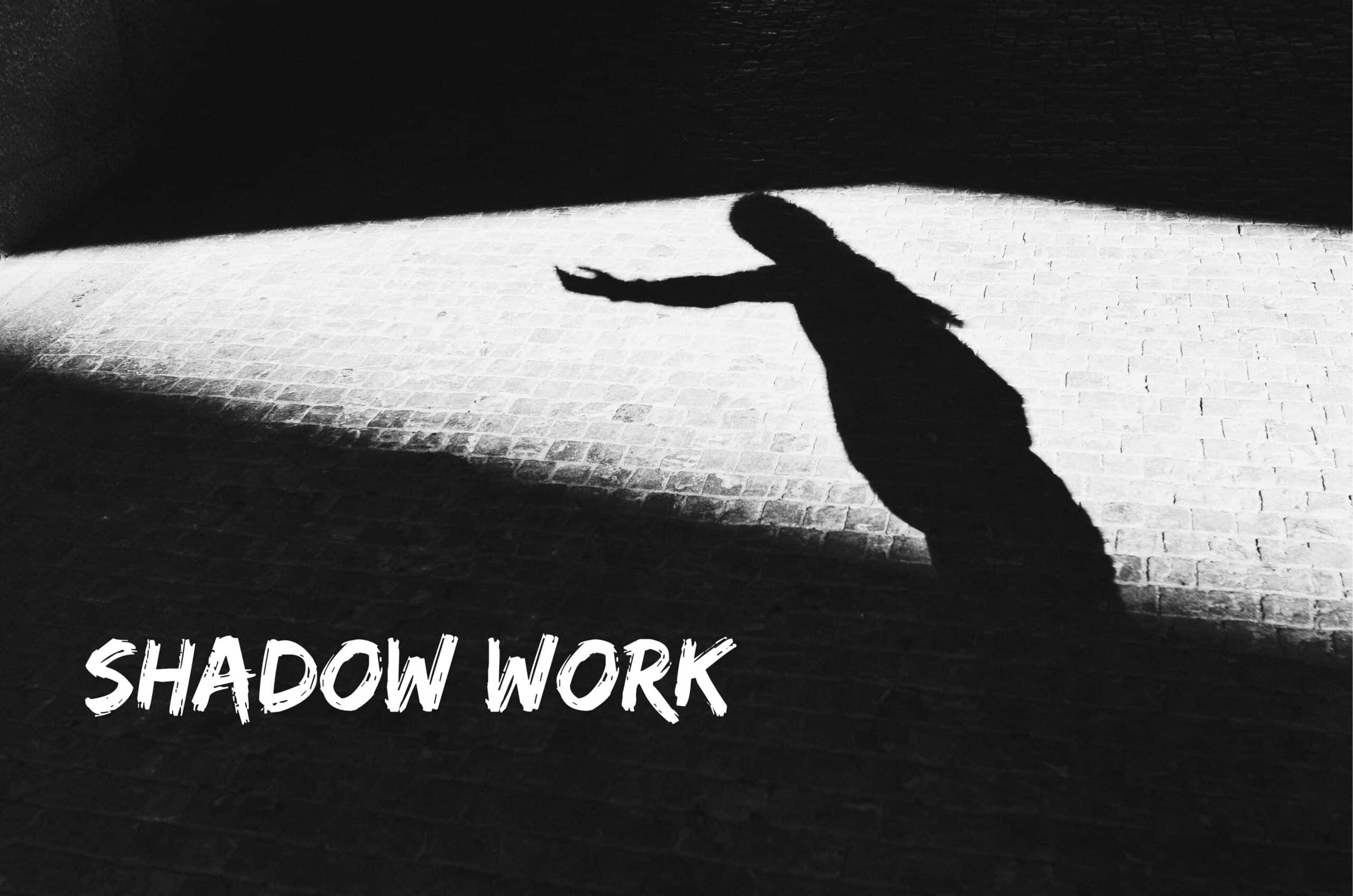
Shadow Work Meaning: Understanding and Integrating Your Hidden Self
To fully grasp the meaning of Shadow Work, you must first understand the shadow self. According to Swiss psychiatrist Carl Jung, the shadow consists of the parts of ourselves that we suppress, reject, or deny—often because they don’t align with societal expectations or personal ideals. These hidden aspects don’t disappear; instead, they get buried in the unconscious mind, shaping our thoughts, emotions, and behaviors in ways we may not even realize.
Many of these shadow aspects form during childhood when we learn which traits are “acceptable” and which are met with criticism or rejection. Over time, we push unwanted parts of ourselves into the background—our fears, insecurities, selfish tendencies, or unresolved emotions. However, ignoring the shadow doesn’t eliminate it; it only causes unconscious behaviors that can negatively impact our lives.
What Are Shadow Traits?
When you explore Shadow Work meaning, some shadow aspects emerge:
- Selfishness
- Aggressive impulses
- Shame or guilt
- Entitlement
- Jealousy or envy
- Fear of rejection or failure
- Judgmental attitudes
These hidden traits often manifest in destructive behaviors, such as:
🔹 Criticizing others for traits you secretly see in yourself
🔹 Feeling entitled and acting superior to others
🔹 Judging people unfairly or harshly
🔹 Playing the victim instead of taking responsibility
When left unchecked, a suppressed shadow can contribute to emotional struggles and self-sabotage, leading to:
🚨 Addictions
🚨 Uncontrollable anger or rage
🚨 Social anxiety
🚨 Obsessive-compulsive behaviors
🚨 Depression
🚨 Self-sabotage
🚨 Limiting beliefs
The more we suppress these parts of ourselves, the more they unconsciously influence our actions, decisions, and relationships.
Shadow Work Meaning
Shadow Work meaning is the intentional process of exploring, understanding, and integrating your shadow self. It’s about facing your hidden fears, patterns, and wounds, rather than avoiding them. This inner work allows you to reclaim suppressed parts of yourself, turning unconscious behaviors into conscious choices.
At its core, true Shadow Work meaning includes:
✔️ Acknowledging your shadow self instead of ignoring it
✔️ Embracing difficult emotions and hidden fears
✔️ Healing past wounds instead of reliving them in cycles
✔️ Integrating these lessons into your conscious experience
Rather than something to fear, your shadow holds deep wisdom and untapped potential.
How to Begin Shadow Work
Shadow Work is deeply personal, and everyone’s journey will look different. However, some of the most effective methods include:
1. Mindfulness Meditation: Becoming Present with Your Shadow
Sitting in silence and stillness allows you to observe thoughts and emotions without judgment. Mindfulness Meditation is a valuable tool because it helps you develop self-awareness, making it easier to recognize shadow triggers as they arise.
2. Cultivating Self-Compassion
Shadow Work requires self-acceptance. Many people struggle with their shadow because they feel ashamed of these parts. Instead of pushing them away, practice self-compassion by acknowledging that your fears and emotions are valid and worthy of attention.
3. Journaling: An Unfiltered Window into Your Shadow
Writing out your emotions, thoughts, and insights without censorship can provide breakthroughs in self-discovery. Try stream-of-consciousness writing—allowing whatever thoughts emerge to flow onto the page without judgment.
Journal Prompts for Shadow Work:
✍️ What emotions do I avoid expressing? Why?
✍️ What traits do I judge in others that I may secretly have myself?
✍️ What fears or limiting beliefs hold me back the most?
✍️ What childhood experiences shaped my current behaviors and reactions?
Reviewing past journal entries can help reveal recurring patterns in your thinking and behavior.
Why Do Shadow Work?
You might be wondering, “Why should I do Shadow Work?”
The truth is, until you own your shadow, your shadow will own you. When you refuse to acknowledge hidden fears and insecurities, they manifest in unconscious ways, affecting your:
✅ Relationships – Repeating the same unhealthy dynamics
✅ Career & Success – Self-sabotage, procrastination, or imposter syndrome
✅ Self-Worth – Feeling undeserving or constantly seeking validation
✅ Decision-Making – Acting from fear rather than confidence
When you work with your shadow, you stop projecting your hidden wounds onto others and instead turn inward to heal and integrate these aspects.
The Hidden Gifts of Shadow Work
Shadow Work isn’t just about healing; it’s also about unlocking your potential. When properly integrated, the shadow self contains strengths that can fuel personal growth, such as:
🌟 Creativity – Repressed emotions often block creative expression
🌟 Intuition – Self-awareness enhances gut instincts and decision-making
🌟 Resilience – Facing your shadow builds inner strength and emotional stability
🌟 Self-Esteem – Accepting all aspects of yourself leads to deep self-worth
Your shadow holds powerful, untapped resources. When embraced, it becomes a source of wisdom, authenticity, and transformation.
Final Thoughts: Embrace Your Shadow, Reclaim Your Power
Shadow Work isn’t easy, but it’s one of the most profound forms of self-healing and personal growth. By exploring the hidden parts of yourself, you gain emotional clarity, resilience, and self-mastery.
If you’re ready to start your journey, Go Within Spiritual Coaching offers a 6-week online course, Say Hello to Your Shadow Fears, designed to help you:
🌑 Identify and work with your shadow self
🌑 Transform limiting patterns into strengths
🌑 Heal past wounds and break self-sabotaging cycles
🌑 Step into self-awareness, confidence, and emotional freedom
Don’t let hidden fears control your life. It’s time to reclaim your power.

